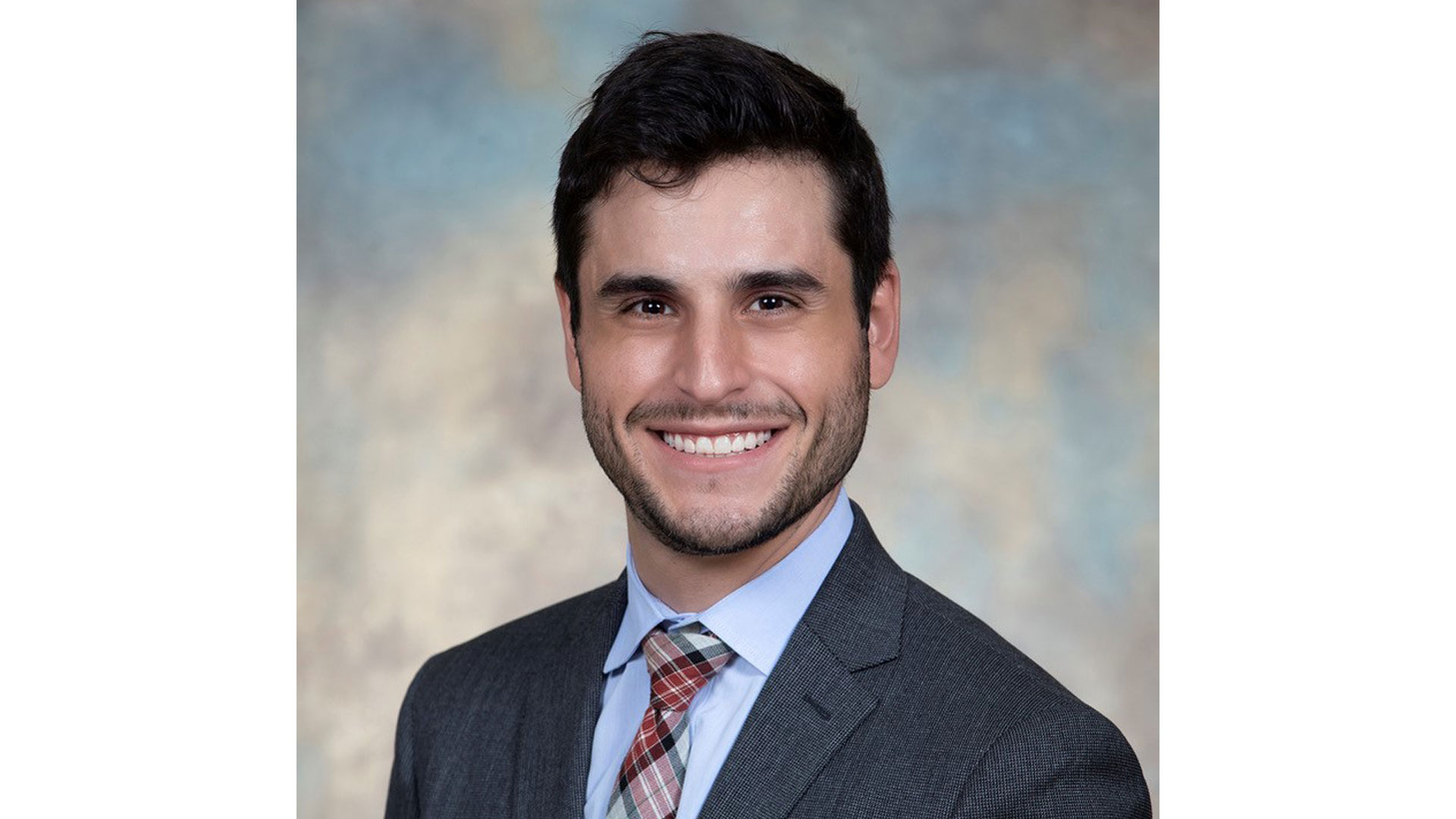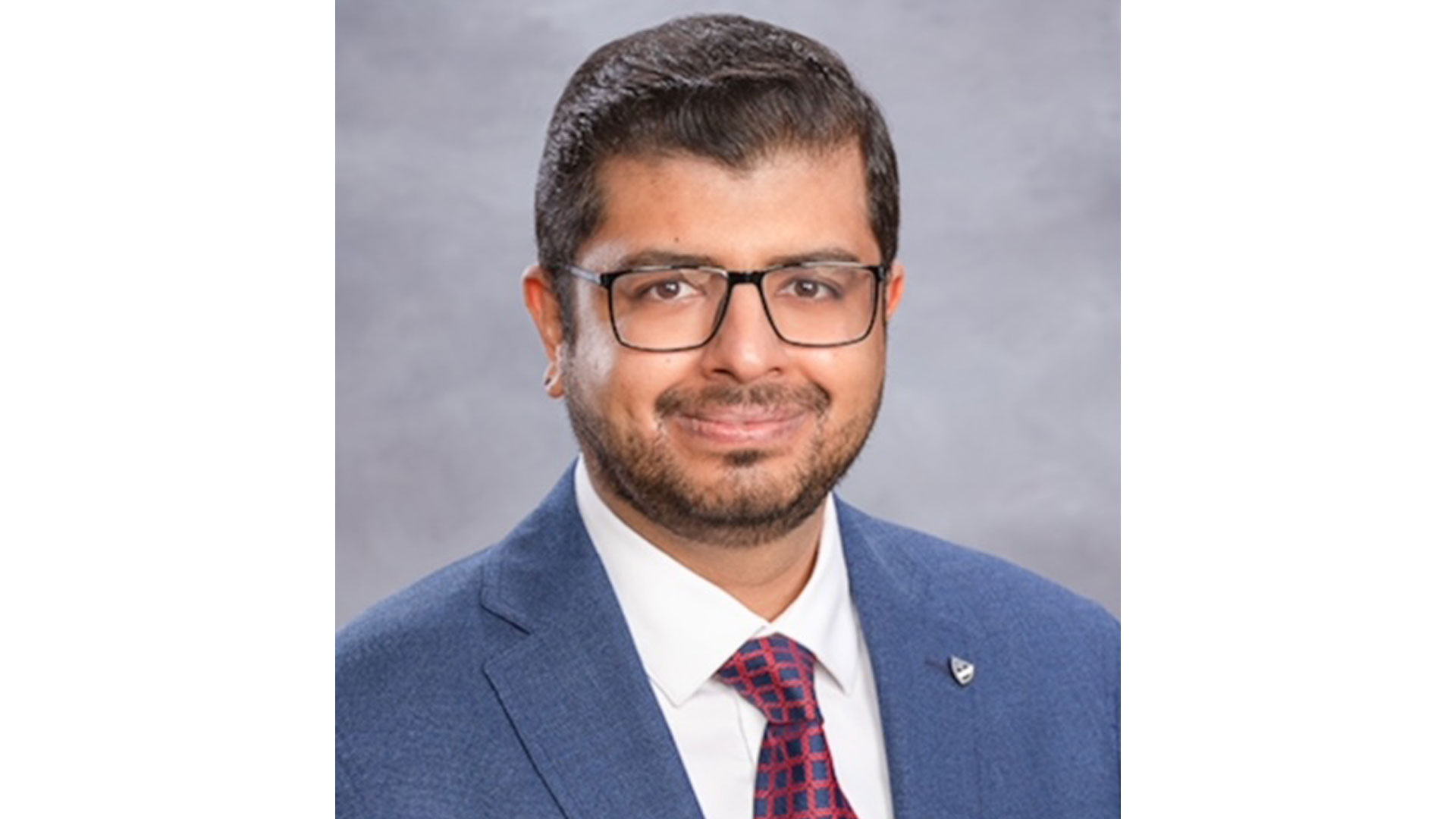Center for the History of Family Medicine (CHFM) Essay Winners

First Place, Joshua Smith, M.D.
Each year, the Center for the History of Family Medicine (CHFM) sponsors a contest to encourage medical students and family medicine residents to write scholarly essays relevant to the history of family medicine in the United States. Two recipients, Joshua Smith, M.D., and Muhammad Junaid Anwar, M.D., earned first and second place.
Smith’s "Family Physicians and Unintended Consequences" highlights the role of family physicians and the consequences of U.S. health policy. Smith is a fourth-year resident at the University of Cincinnati/The Christ Hospital Family Medicine-Psychiatry in Cincinnati.
Smith shared that starting college during the Affordable Care Act rollout in 2010 and entering medical school in 2015 amid payment reform and Health Insurance Marketplace changes, added complexity to his learning and practice. Residency matching during the COVID-19 pandemic provided him with a unique perspective on system failures and revealed disparities in coverage and the intersection of racism/classism with health care access.

Second Place, Muhammad Junaid Anwar, M.D.
Smith’s participation in a 3-week intensive health policy fellowship in Washington, D.C., through George Washington University Milken School of Public Health in March 2023, sparked a desire to explore thought-provoking ideas and understand roles in system improvement. Inspired by a session with Tom Morris, Smith’s essay explores the unintended consequences of U.S. health policy, recognizing the history of rural health policy marked by unintended outcomes.
Despite the need for structural adjustments, Smith’s essay argues that family physicians' broad training and relationships can bridge the gap between spending and outcomes.
“I am a firm believer that primary care, especially family physicians, holds the key to addressing systemic issues,” said Smith. “Structural changes, such as health care payment reform, education reform and public infrastructure reinvestment, are crucial. The relationships family physicians build with patients and communities, along with their comprehensive training, are essential in bridging the gap between exorbitant healthcare spending and subpar outcomes.”
The CHFM and its dedication to capturing the stories of family physicians working through the pandemic inspired Anwar to delve into the impact of telemedicine in his essay "A History of the Increasing Role of Telehealth in Family Medicine."
Anwar is a second-year family medicine resident at Texas Tech University of Health Sciences Permian Basin Family Medicine in Odessa, Texas.
In the essay, Anwar acknowledges the widespread attention garnered by telemedicine, asserting that its surging popularity and potential to reshape health care services and insurance regulations make it a highly relevant subject. Anwar draws from insightful input from mentor Dr. Nimat Alam and engagements with professionals in public health, health administration and medicine and illuminates telehealth's accelerated presence in modern health care.
As author of the winning essay, Smith received a $1,000 prize and his work will be featured in a video at the AAFP’s 2024 National Conference Aug. 1 – 3 in Kansas City, Mo. The second-place winner, Anwar, received a $500 award for his essay. Dr. Smith and Dr. Anwar’s essays are now part of the CHFM collection.